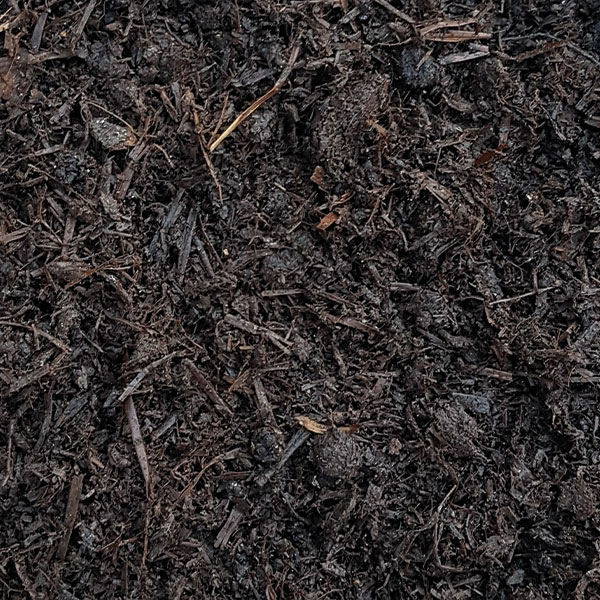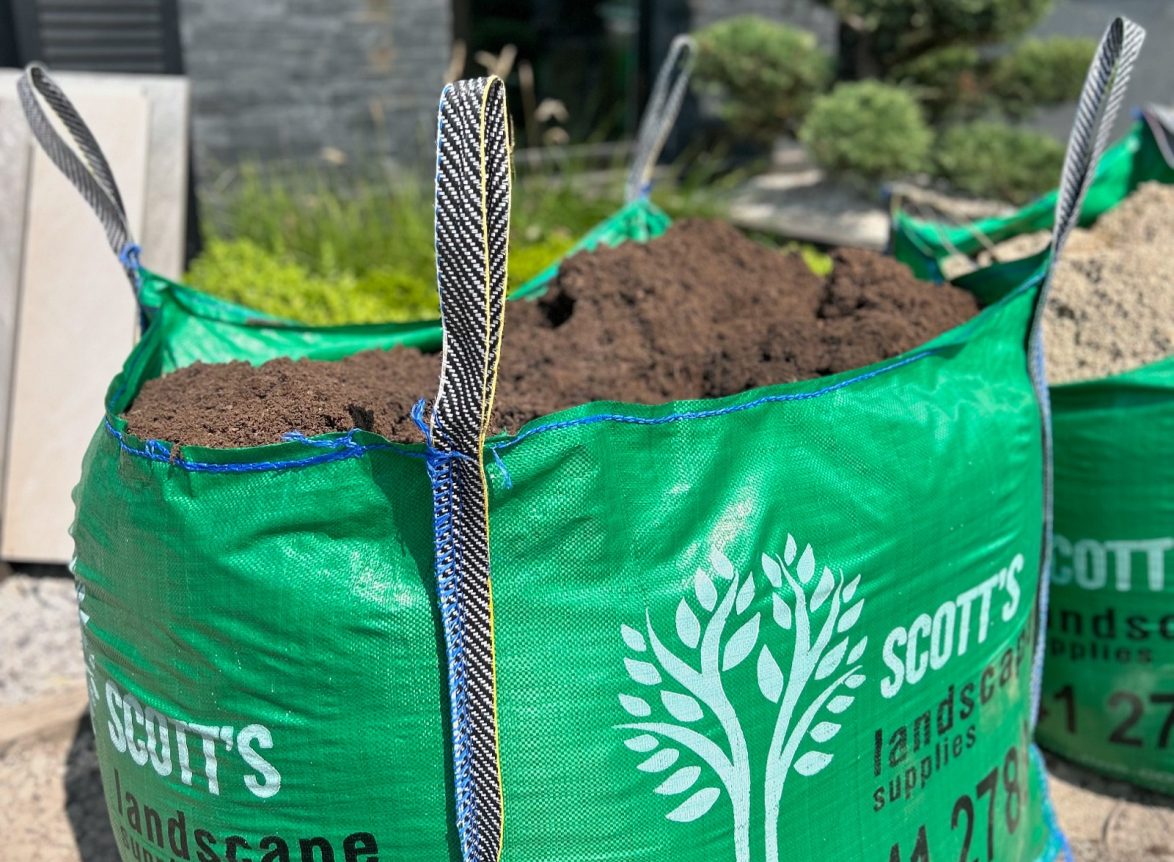Looking to boost your garden’s health naturally? Mushroom compost might be the secret ingredient your soil has been missing. Often referred to as “spent mushroom substrate,” this organic compost is a byproduct of commercial mushroom farming—and it’s packed with benefits for both soil and plants.
1. Rich in Nutrients
Mushroom compost is full of essential nutrients like nitrogen, phosphorus, and potassium, which are slowly released into the soil. This slow release helps feed plants steadily over time, encouraging strong roots and healthy growth without the risk of over-fertilizing.
2. Improves Soil Structure
Whether you have clay-heavy or sandy soil, mushroom compost can help. It enhances soil structure by improving aeration and drainage while increasing water retention—an ideal balance for plant health.
3. Eco-Friendly and Sustainable
As a recycled product, mushroom compost is a sustainable choice for eco-conscious gardeners. It reduces waste from mushroom farms and turns it into something incredibly useful for the garden.
4. Weed Suppression and Disease Resistance
The composting process heats the material to high temperatures, killing off many weed seeds and pathogens. This helps reduce unwanted growth and improves plant resilience naturally.
5. Ideal for Flowers, Vegetables & Lawns
From flower beds to vegetable plots and even lawns, mushroom compost is incredibly versatile. Mix it into your soil or use it as a mulch to enrich your garden without the need for synthetic fertilizers.
A Word of Caution:
Mushroom compost can be high in salts, so it’s best to avoid using it with salt-sensitive plants or seedlings. Always mix it well with existing soil to dilute any intensity.
So if you’re looking to feed your soil, not just your plants, mushroom compost is a natural, sustainable solution that delivers results.





